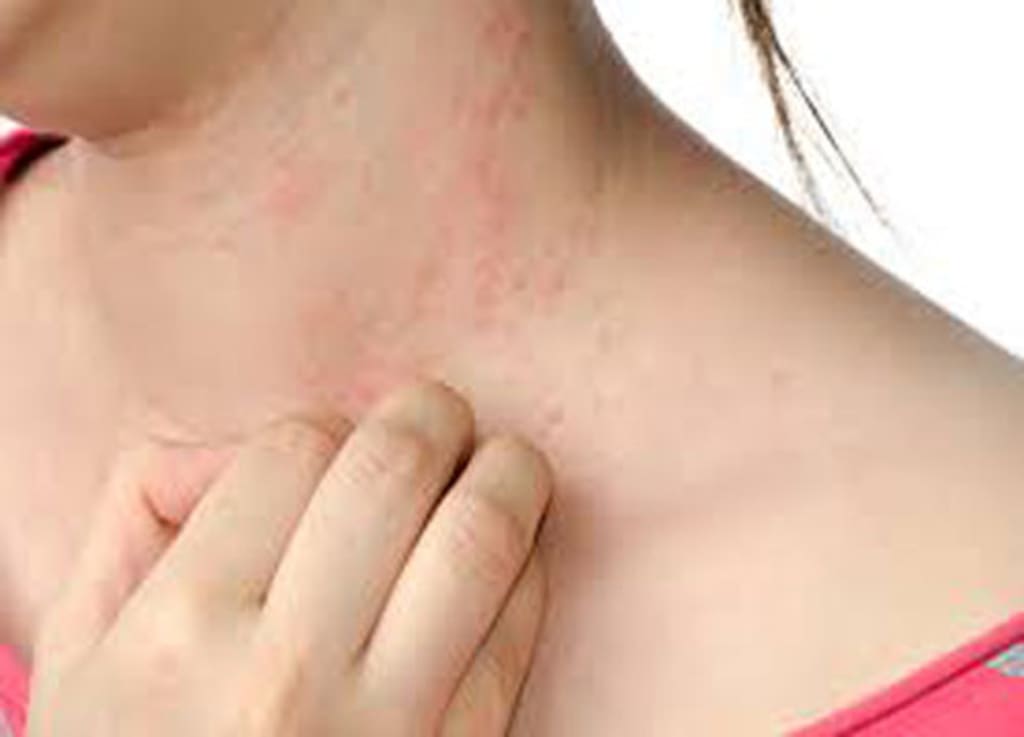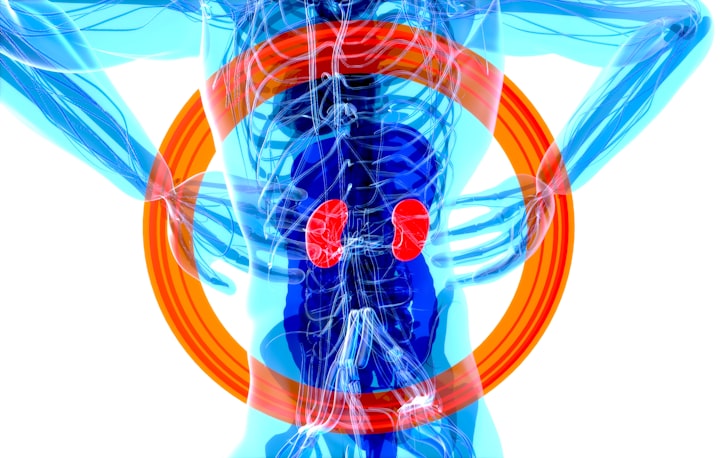The Best Ways to Prevent Skin Disease
Prevent Skin Disease

Skin diseases are one of the most common illnesses in the United States, according to the Centers for Disease Control and Prevention (CDC). The CDC also estimates that more than 25 million Americans suffer from skin disease each year, and nearly 10 million go to their doctor seeking relief from itchy, bumpy, scaly skin rashes. Many of these diseases are severe enough to cause visible damage to your skin; thankfully, you can avoid them by following these best ways to prevent skin disease.
Washing with Soap and Water
Washing with soap and water is the best way to remove dirt, sweat, and bacteria from the skin. Wash your hands before and after touching a person's skin. This is important because if you touch a person's skin then you are transferring bacteria on your hands onto their skin.
If you wear contact lenses, wash your hands before touching them because contact lenses need to be rinsed and cleaned daily. If you do not have access to soap and water, use a hand sanitizer that contains at least 60% alcohol. This will also clean your hands.
Washing with an Antibacterial Cleanser
Washing is one of the simplest and most effective ways to prevent skin diseases. It's a good idea to wash your hands with an antibacterial cleanser before and after handling raw food, or any time you have contact with someone else's bodily fluids (like if you're helping a sick relative).
When washing your hands, it's a good idea to use antibacterial soap and lather for at least 20 seconds. This helps remove germs that can cause disease. If you don't have access to soap, you can use running water and a clean towel or paper towels to clean your hands.
Applying a Moisturizer
If you are experiencing dry skin, applying a moisturizer can help. Moisturizers work by trapping moisture in the outer layer of your skin, which helps keep it hydrated and soft. It can also prevent dry skin from flaking off and causing a rash. When choosing a moisturizer for your skin type, look for products labeled non-comedogenic or oil-free. These types of moisturizers will not clog pores or lead to breakouts.
When you are choosing a moisturizer for your skin type, look for products labeled non-comedogenic or oil-free. These types of moisturizers will not clog pores or lead to breakouts.
Research suggests that vitamin E can help prevent skin disease by promoting cell growth, but there isn’t enough evidence at present to say whether it is an effective treatment. However, some people do believe that taking vitamin E supplements can speed up healing and reduce redness and inflammation if taken alongside conventional treatments.
Protecting your Skin from the Sun
Wearing sunscreen and staying out of the sun are two of the most important ways to protect your skin from the sun. Here are a few more measures you can take to prevent skin disease
Try to go out in the sunlight as little as possible, especially between 10 am and 3 pm. This is when ultraviolet (UV) radiation is strongest. If you do have to spend a lot of time outside during those hours, wear protective clothing.
If you do spend a lot of time in the sun, use sunscreen with a high sun protection factor (SPF), such as SPF 30 or above. Put it on at least 20 minutes before going out into direct sunlight and reapply it regularly, at least every two hours. Make sure you apply enough sunscreen—most people don’t apply nearly enough. Use about one teaspoon for your face and neck, and a shot glass full for your arms, legs, chest, and back.
Taking a Cool Shower or Bath
Take a cool shower or bath every day. This will help keep your skin hydrated and reduce the risk of developing skin disease. Drink lots of fluids - water, juices, and sports drinks are good options. Drink plenty of fluids even if you're not feeling thirsty. Limit caffeine and alcohol intake, since these substances dehydrate your body's tissues.
Stay hydrated, since your body loses water through sweat and breathing. But be sure not to drink too much water, as that can lead to hyponatremia, a dangerous condition that causes swelling in your brain cells. Limit caffeine and alcohol intake because these substances dehydrate your body's tissues. Finally, wash with cool water and mild soap on a regular basis when bathing or showering.
Wearing Loose-Fitting Clothing
To prevent skin disease, you should wear loose-fitting clothing that doesn't irritate your skin. This will help prevent a rash from forming in the first place and also keep bacteria from entering the area. The best clothes for this are cotton garments, which allow air to flow more easily over your skin.
As well as loose-fitting clothing, you should also wear appropriate shoes. Shoes that are too tight can rub against your skin, especially in humid weather. As with clothes, it's best to opt for cotton footwear that allows air to pass through. Try not to wear heels or sandals too often and avoid anything with a sharp edge or hard sole; these can irritate your skin and make symptoms worse.
Avoiding Scratching
Skin diseases can be avoided by avoiding scratching the skin. Scratching can cause the skin to crack and become infected, allowing bacteria or fungus to enter. If you find it difficult not to scratch, try using a moisturizer with a topical numbing agent or apply a cold compress on the affected area for fifteen minutes at a time. If you notice any redness, swelling, or pus under your skin, see your doctor immediately as this may indicate an infection.
If you have a skin condition and are unsure how to deal with it, contact your dermatologist. They can help you identify what type of rash disease you have and recommend a course of treatment. Although some diseases will resolve on their own, there are others that can require more intensive treatments such as oral or topical antibiotics.
Keeping your Skin Elean and Dry
Good hygiene can help prevent skin disease. Clean your skin with soap and water or a gentle cleanser twice daily, and dry it completely after bathing or showering. You can also use a mild soap, fragrance-free lotion, or non-alcohol-based moisturizer on your skin. Keep your hands clean by washing them with soap and water often, especially before handling food or touching other people's faces, eyes, noses, and mouths.
If you have a skin disease, it is essential to keep your skin clean and dry. If water doesn’t clean your skin well enough, use a mild soap or non-medicated cleanser. Avoid soaps with perfume or dyes that can irritate your skin. Don’t scratch any rashes, even when they itch or hurt.






Comments
There are no comments for this story
Be the first to respond and start the conversation.